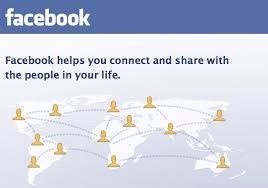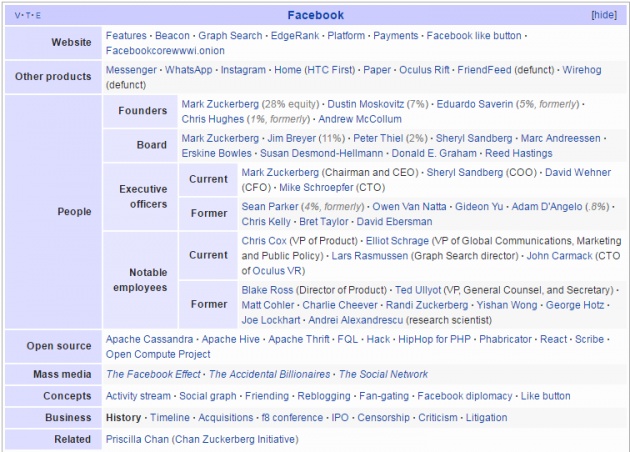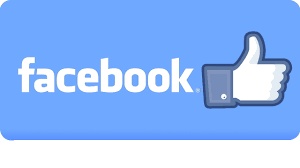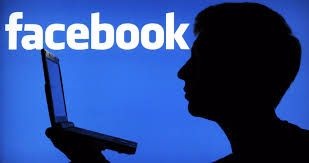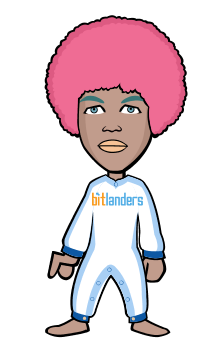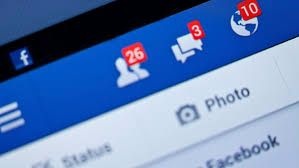
Eduardo saverin......
@1@Facemash
@2@ thefacebook.com
@3@ facebook
@4@ financials
@1@ initial funding
@2@ first angel
@3@ accel investment
@4@ greylock investment(Series A )
@5@ sales
@6@ mic rosoft investment
@7@ switch to profitability
@8@ acquistions
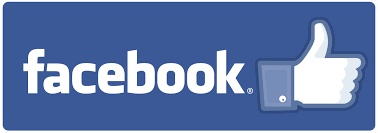
{facemash}......
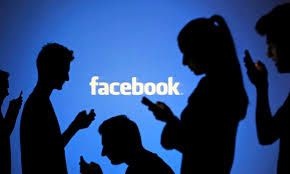
{the facebook.com}...........
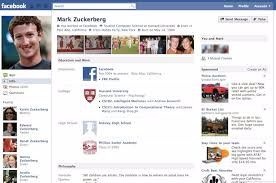
{facebook}
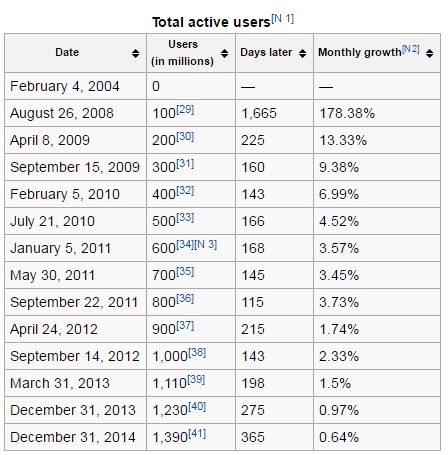
{accel investment}(series A)
{Greylock investment (Series B)
N0tes
1@ An "active user" is defined by Facebook as a user who has visited the website in the last 30 days.
